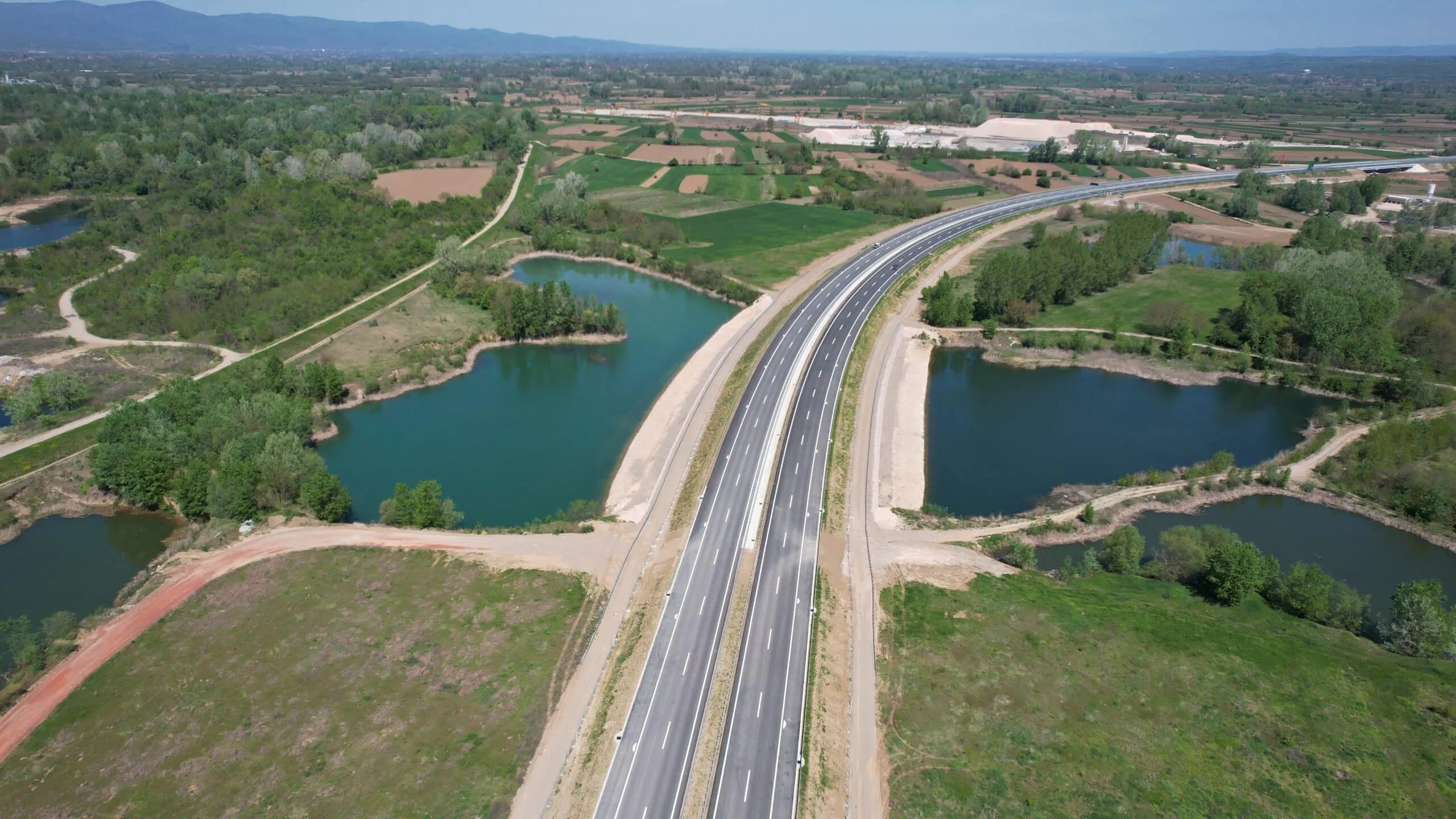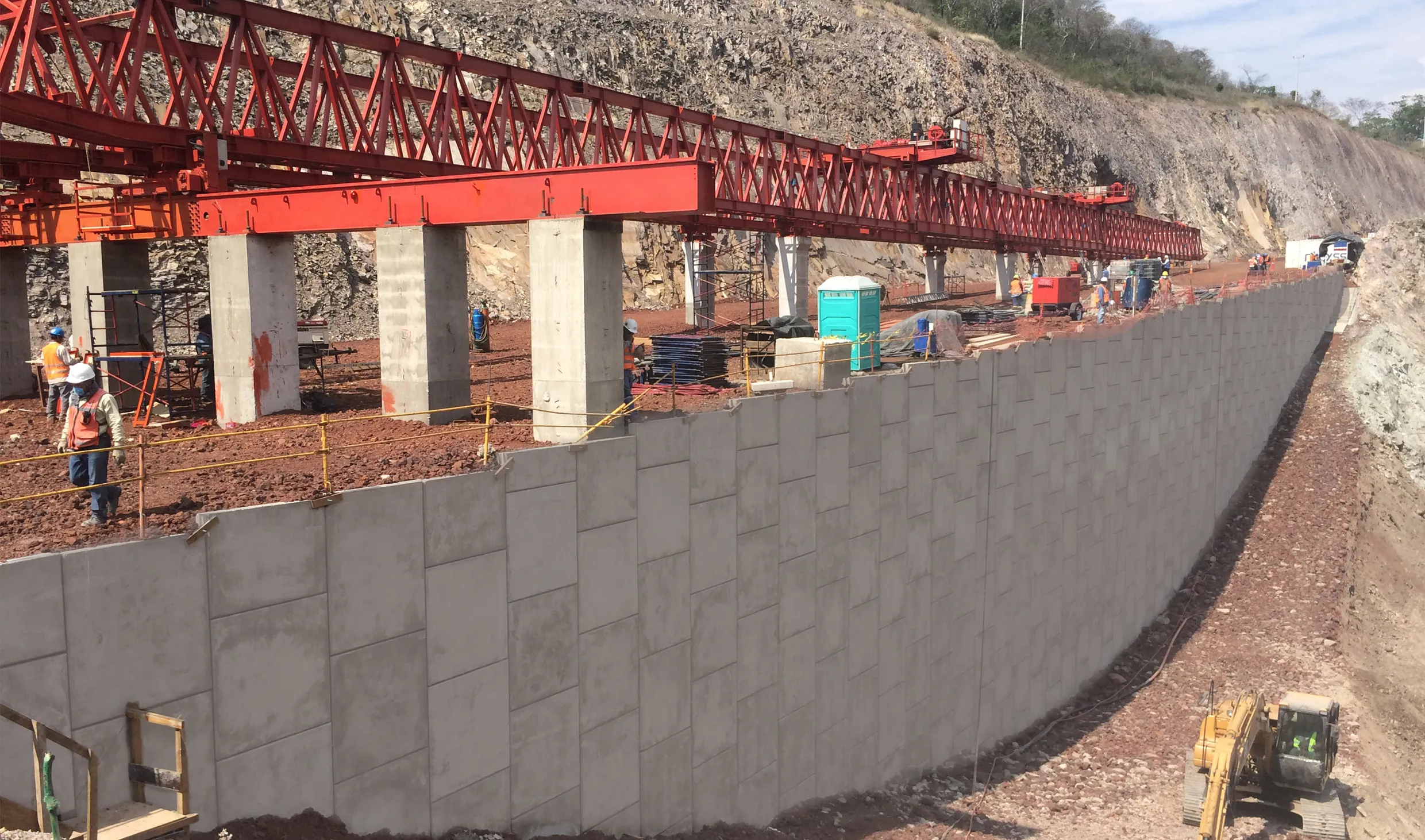Funding from the Middle East looks set to help develop new Indian highway projects. Some $15.6 billion from the Abu Dhabi Investment Authority (ADIA), a UAE-based sovereign wealth fund, will be directed towards highway projects in India. This will be used for 50 highway projects in India on a toll-operate-transfer (TOT) basis. The Indian Government is planning to award 104 highway projects under the TOT model that will allow investments by private equity firms, infrastructure developers and institutional in
February 15, 2016
Read time: 2 mins
Funding from the Middle East looks set to help develop new Indian highway projects. Some $15.6 billion from the Abu Dhabi Investment Authority (ADIA), a UAE-based sovereign wealth fund, will be directed towards highway projects in India. This will be used for 50 highway projects in India on a toll-operate-transfer (TOT) basis. The Indian Government is planning to award 104 highway projects under the TOT model that will allow investments by private equity firms, infrastructure developers and institutional investors such as pension and wealth funds. The TOT model will also allow the government to hand over operations of tolled roads to the private sector.
India’s Ministry of Road Transport and Highways says that it will increase the length of national highways to 200,000km from the existing 96,000km. This move will help cut congestion as around 40% of the country’s traffic uses India’s national highway network, despite this network comprising just 2% of the total road system. Some key projects are already in planning with $206.26 million being allocated for the east-west highway and plans for a second highway linking Dasna and Delhi that will feature 14 lanes. Meanwhile South Korean firm Daewoo Engineering & Construction (Daewoo E&C) will partner with Indian company L&T to construct the $480 million, six lane bridge spanning the River Ganges. The new route will stretch for nearly 23km and will be built in Bihar State.
India’s Ministry of Road Transport and Highways says that it will increase the length of national highways to 200,000km from the existing 96,000km. This move will help cut congestion as around 40% of the country’s traffic uses India’s national highway network, despite this network comprising just 2% of the total road system. Some key projects are already in planning with $206.26 million being allocated for the east-west highway and plans for a second highway linking Dasna and Delhi that will feature 14 lanes. Meanwhile South Korean firm Daewoo Engineering & Construction (Daewoo E&C) will partner with Indian company L&T to construct the $480 million, six lane bridge spanning the River Ganges. The new route will stretch for nearly 23km and will be built in Bihar State.







